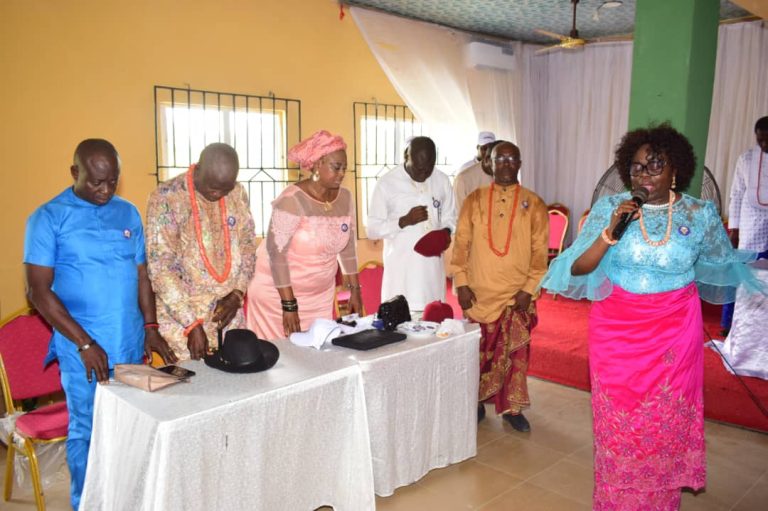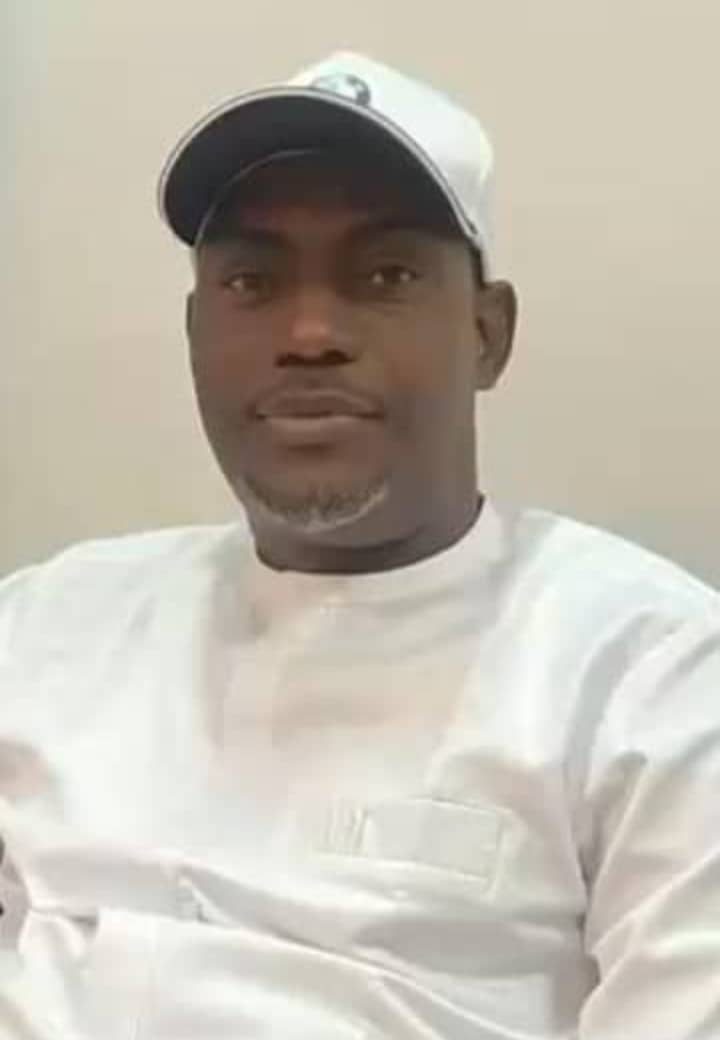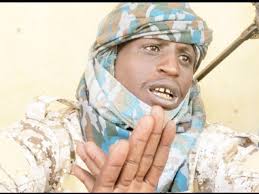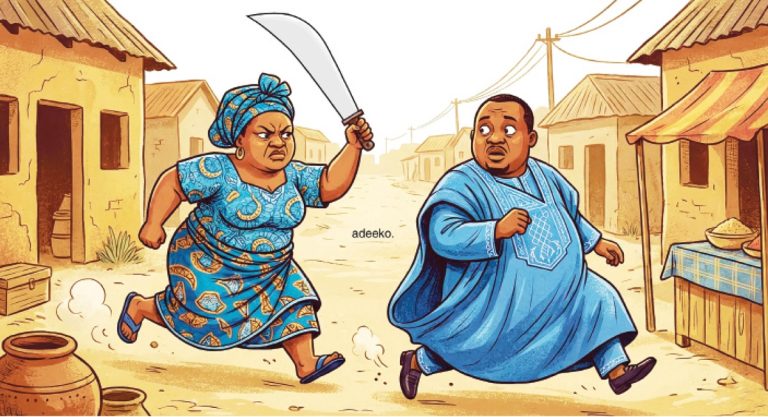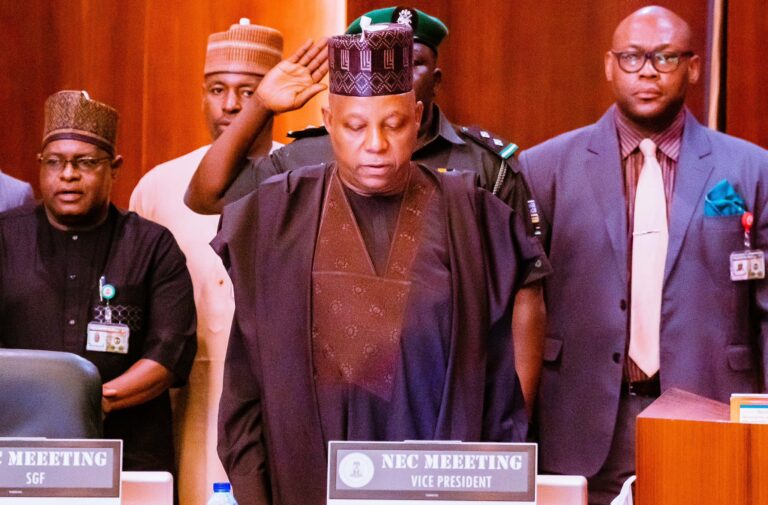
The National Economic Council, NEC, has unanimously agreed to part with the national social register used by the Muhammadu Buhari administration to implement its conditional cash transfer, saying the register lacks credibility.
The NEC on Thursday, July 20 asked states to generate their own registers for such cash transfers.
This comes as the Federal Government announced that it would distribute 252,000 metric tons of grains to states at subsidised rates to cushion the effect of hardship occasioned by petrol subsidy removal.
The NEC meeting, presided over by Vice President Kashim Shettima at the Council Chamber, Presidential Villa, said the register had integrity issues as the criteria for its compilation was unclear.
Briefing State House correspondents at the end of the meeting on Thursday, Governor Chukwuma Soludo of Anambra State said it was not possible to digitally transfer money to the poorest of the poor, the majority of whom were unbankable.
He said it was agreed that states should generate registers that were comprehensive and ensure it was only for vulnerable people.
Professor Soludo, said that beneficiaries of the supposed transfered cash could not be identified in the villages.
He said NEC resolved that the states should come up with their own registers, using formal and informal means to develop it, assuring that all beneficiaries at the sub-national level could easily be accessed that way.
Soludo said to journalists: “The first question that was raised is in relation to cost of governance. I think it’s an omnibus concept, and it’s not something you sit down in a meeting to legislate for each and every state.
“But the fact that the council recognizes that this is an issue that each tier of government should now focus on as an area of concern. That we mustn’t live… even the cost of running the state, the way we even live, so some gave an example of a state governor going with over 20 vehicles in a convoy and all these have to be fueled, and so on and so forth. And the fact that we’re even, among ourselves, almost like in a peer review, kind of setting, talking for ourselves.
“We need to be sensitive to the times, we need to live within the average of the people that we’re governing and so on and so forth, and knock off the waste and the irrelevance so to speak.
“I will like to give you a simple example, When I assumed office, it was costing about N137 million every month to clean up public offices, and so on. Today, in Anambra, we’re doing N11 million a month from N137 million on a monthly basis. Just an illustration.
“It’s a thing we’re persuading each and every one of us to look into, check our books and look ourselves in the mirror and move with the times.
“Second thing I’d like to respond is in relation to the social register that has been mentioned. I think at the council today, there was almost near unanimity among members that there’s a big question mark about the integrity of the so called National Social Register.
“We have questions about how those names in the register were brought about and I’m sure one question I hear asked is where it is for the most vulnerable group, and so on and so forth.
“Let’s talk about a social register and them distributing things through the social register by digital means, implying that these people already have account numbers and they have phone numbers.
“Maybe we are talking about some other people and not Nigerians. The poorest 25 per cent of Nigerians are likely, if not totally unbanked, and don’t have access to telephone.
“Now in thinking through that, we felt that sitting in Abuja and calling on somebody in Anambra to compile a list and send it to you and then the person depends on who he brings, and the registers are generated and people go to those villages and ask where are those people and they don’t show up. This is stress testing. We think we need to go down back to the drawing board.
“If you are delivering any such national or federal programme from Abuja, it needs to be delivered via the governments that are there using their own format and mechanisms to generate the register that is comprehensive.
“That meets certain criteria, that you can stress test and you can call out the people in the village and everyone will confirm that these are the vulnerable people, if you are targeting vulnerable people, as it were.
“So the integrity test is what is missing with that register. Many have just described what is being counted as national register as bogus, some describe it as a phantom, some in all manner of terms. So we need to face the problem, the fact that we don’t have a credible register and get back to work on this.
“By the way, there’s something I think my colleagues missed out as part of those recommendations over the medium, longer term, and that is the possibility of negotiating a new minimum wage. That obviously will be on the table. But that has to be negotiated through the appropriate structures for doing that over time.”

